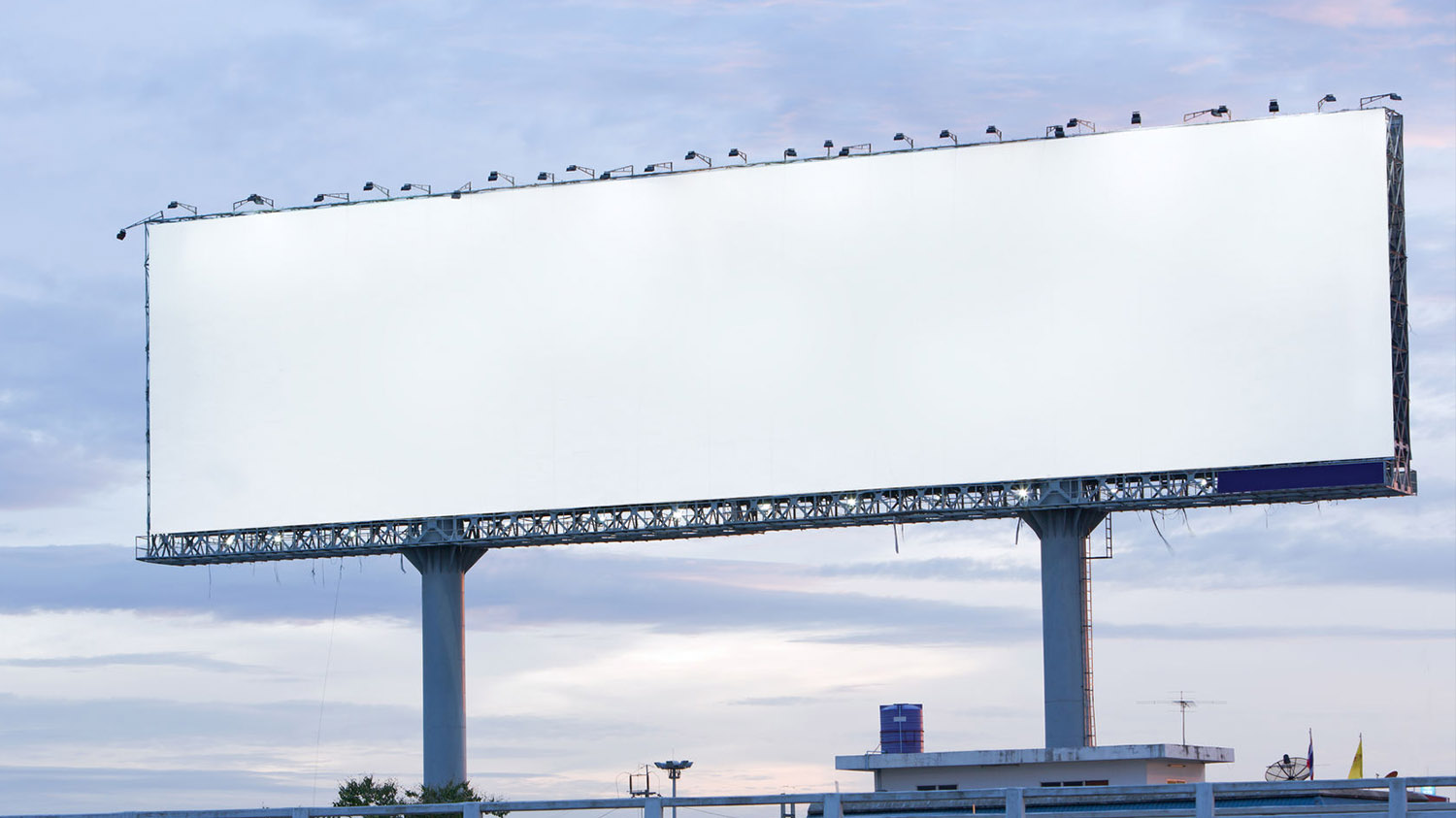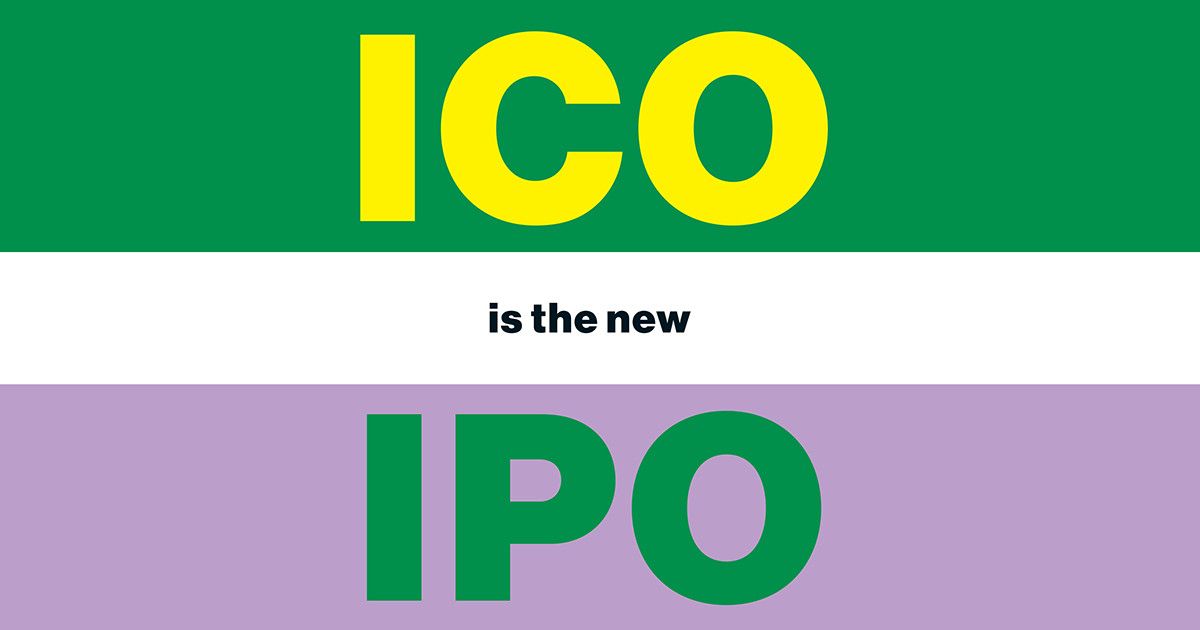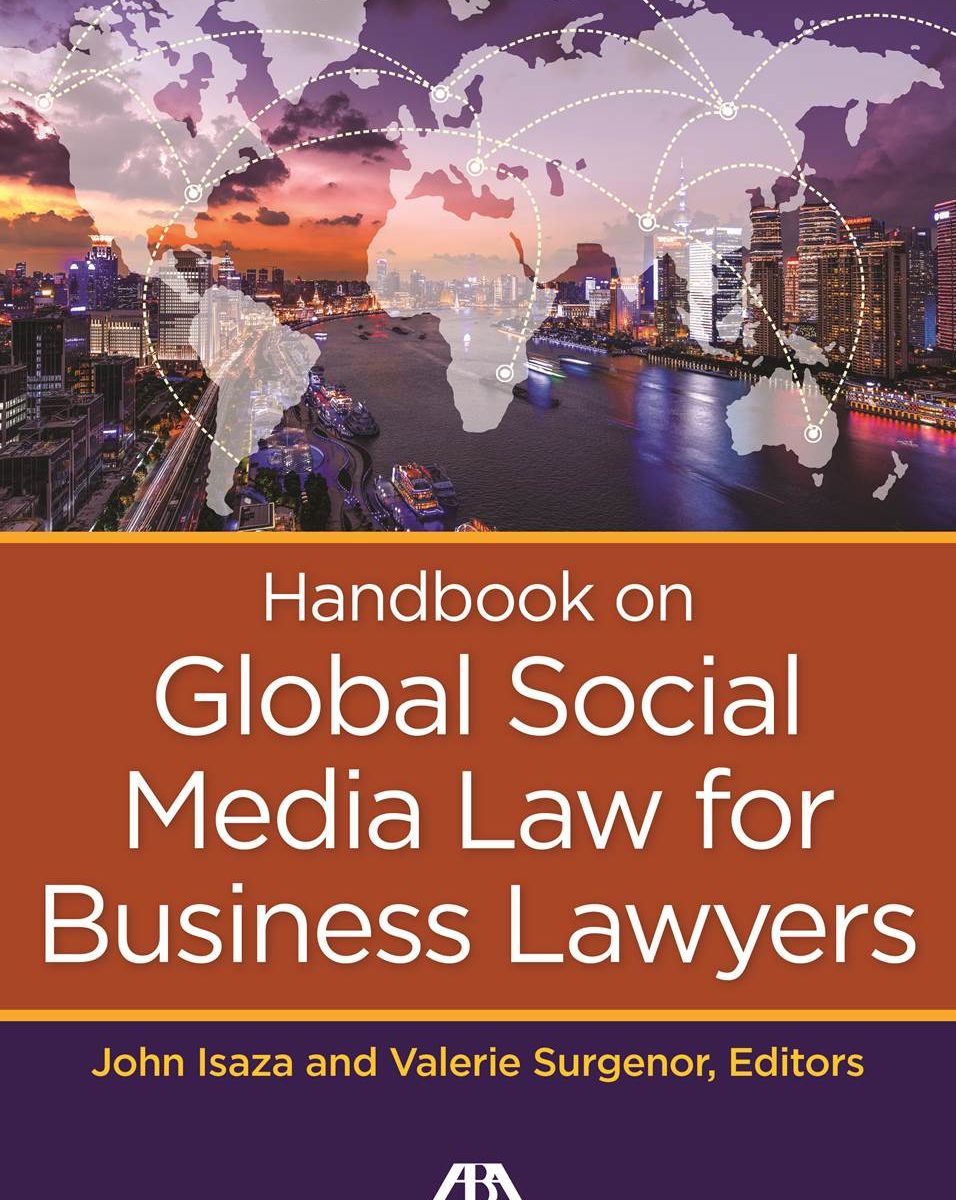A long time ago in a galaxy far, far away…… oops, wrong beginning.
Welcome to the new Legal Bytes blog. As many of you know, my Legal Bytes blog has been dormant after my recent transition to Rimon, P.C.. Getting set up, ensuring smooth transitions for clients, enhancing the look and feel of the blog has taken a longer than I hoped, but hopefully the bugs are out of the system and it’s now up to me to try my best to make the new Legal Bytes blog worth the wait. For newcomers, buckle your seatbelts – this isn’t your ordinary legal blog!
What happened? Why does it matter? How does or could it affect you? Inquiring minds always want to know and in the process of trying to answer those questions for you, I will always try to illuminate and perhaps also entertain you. In the coming months I’ll entice you into regular readership, enlighten you with timely content, addict you with my trivia contests, entice you to keep in touch and most of all, try to help you better understand how developments in the law and regulation may affect you.
I intend to continue Light Bytes, with interesting quotes and sayings that pique my interest and hopefully yours. Of course, there was never a question about my trivia contests. After all, who else but a lawyer could call it “Useless But Compelling Facts”? We have once again made arrangements with the International Law Office (ILO) based in London. I am privileged to have been re-appointed as Editor and exclusive content coordinator for their U.S. Media, Marketing, Sports & Entertainment Newsletter. Although there will be content you will see exclusively in the ILO newsletter, you may also see many of our Legal Bytes articles re-purposed and ‘internationalized’ in collaboration with much appreciated work of the ILO editorial staff. I am again excited to be working with such a valued organization and truly great people – shout out to Carolyn Boyle, my Editorial contact.
Want to know what’s on my radar for the year ahead – I won’t spoil all the surprises, drone on about drones, nor will I keep my head in the clouds or the crowds. I am fascinated by the legal implications of the Internet with Things (yes, I replaced ‘Of’ with “With”). I’m also concerned about cybersecurity and data protection. I am intrigued by the growing robustness of augmented reality, which means I don’t have to walk around with those funny goggles or a digital scuba mask to experience the virtual world. Mobile technology is transforming our world – making digital content, e-commerce and communication available to billions of people that had previously never seen a television, had a bank account or used a telephone. I would be remiss not to mention social media – maturing and increasingly commercialized – further blurring the distinctions between information, entertainment and advertising; between me as an individual and an employee; between me at play and at work; and between my trademarks and my reputation; and between my insatiable desire to tell the world and my seemingly paradoxical concern over my privacy!
It is a brave new world – so much to know and so much to keep up with.
So stay tuned, and as always, thank you for reading.







